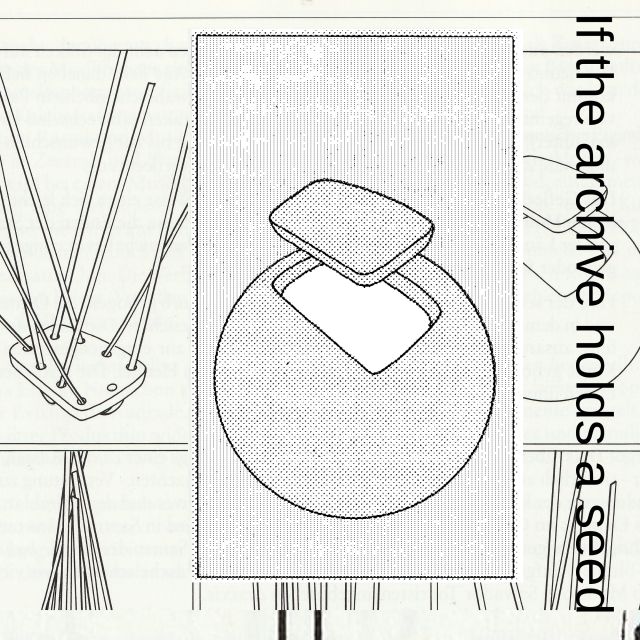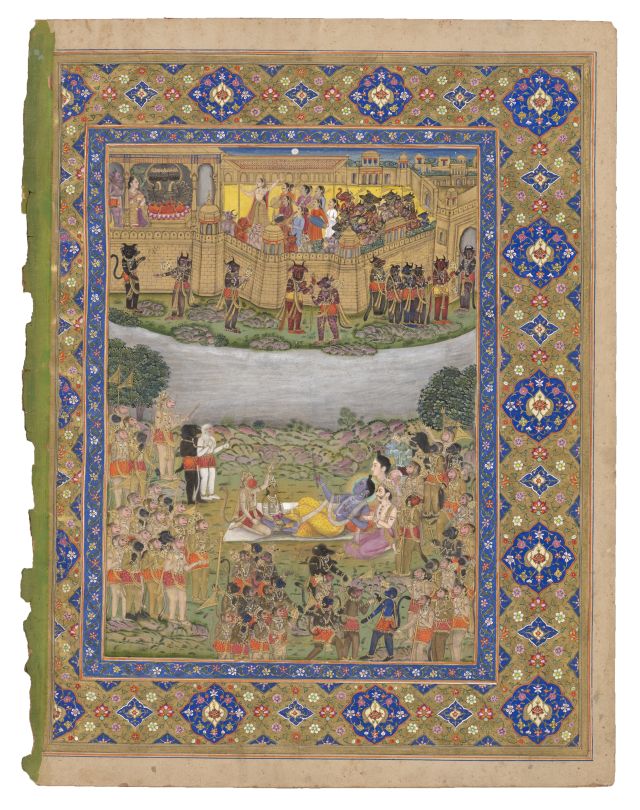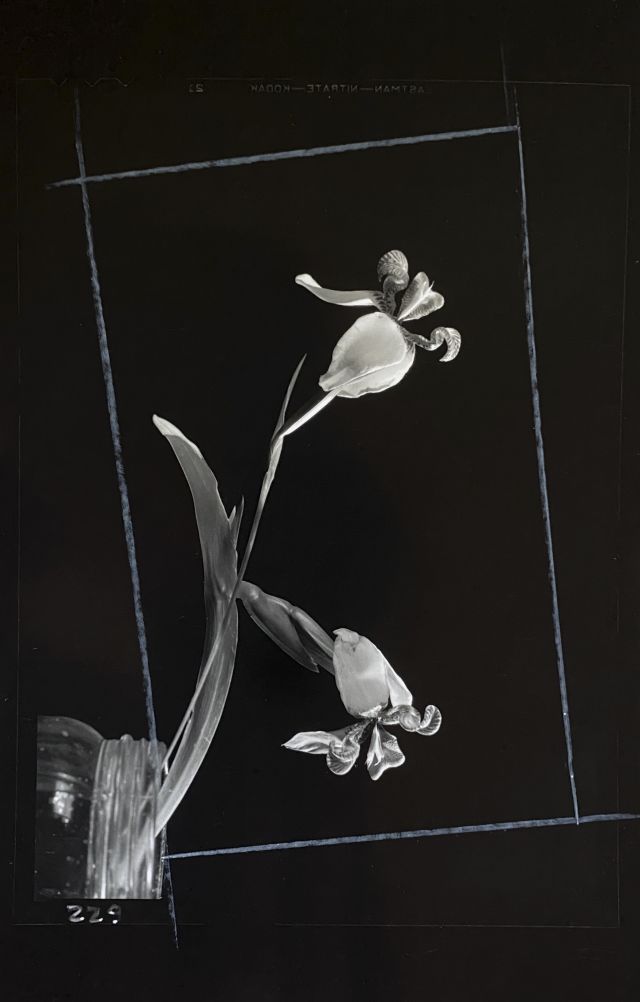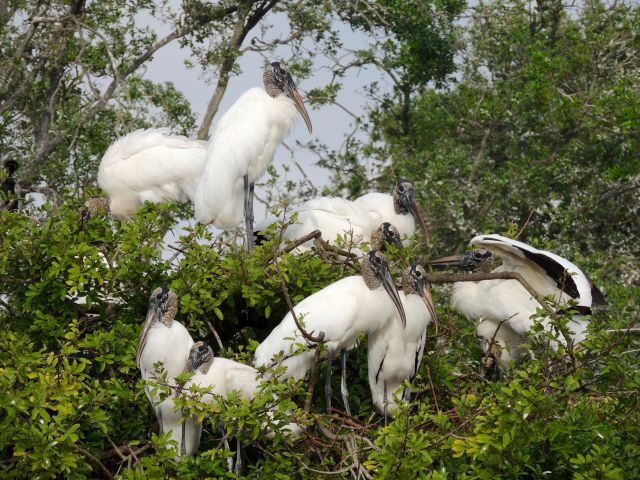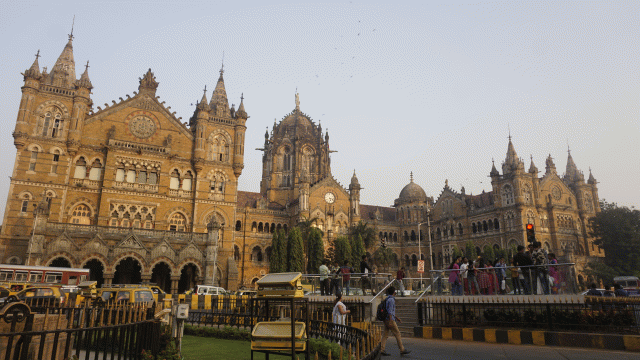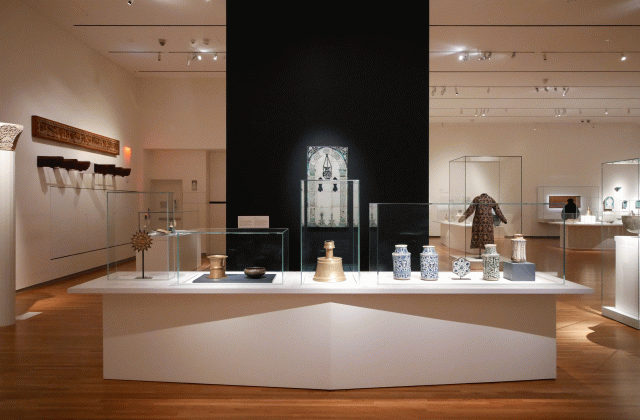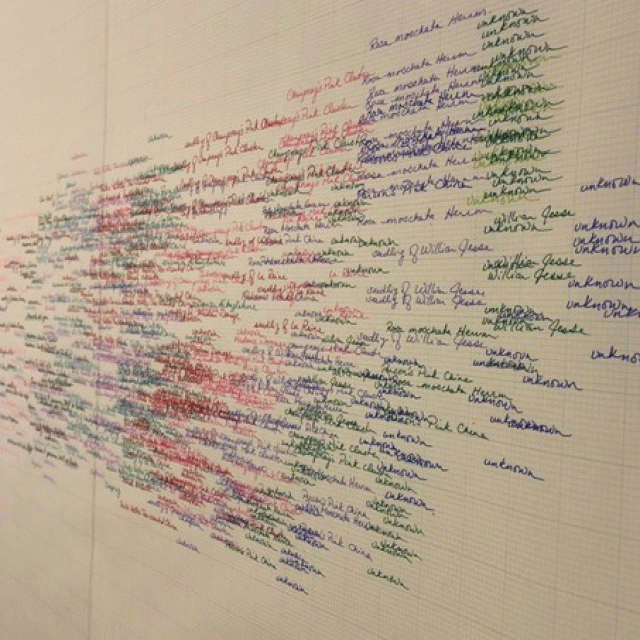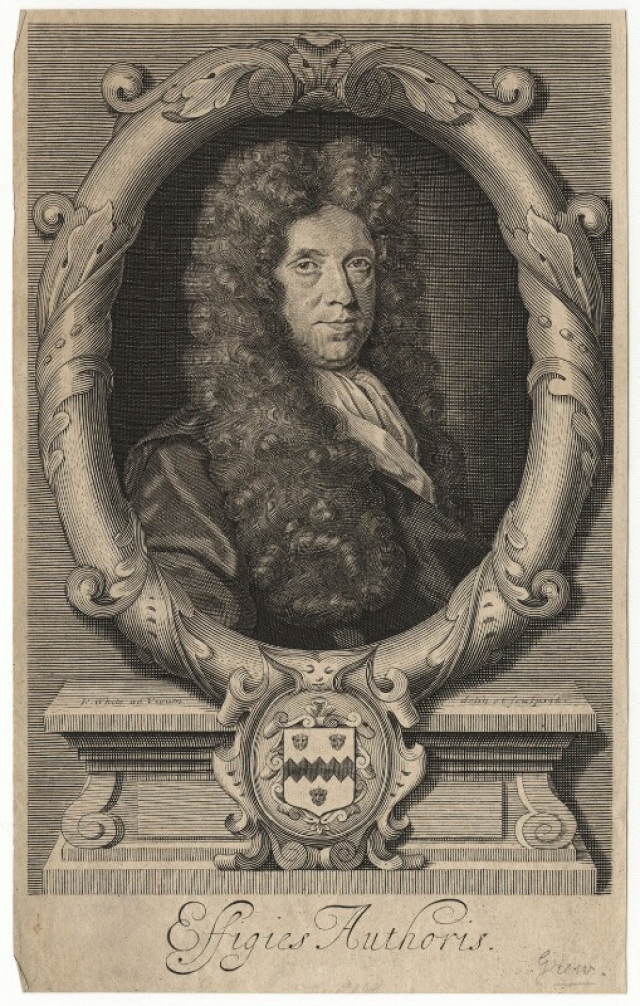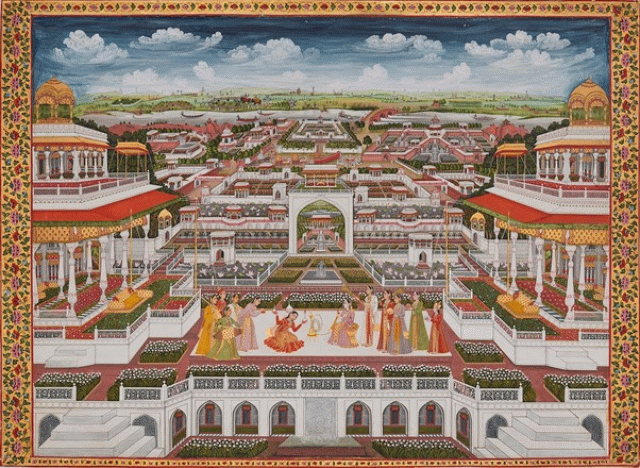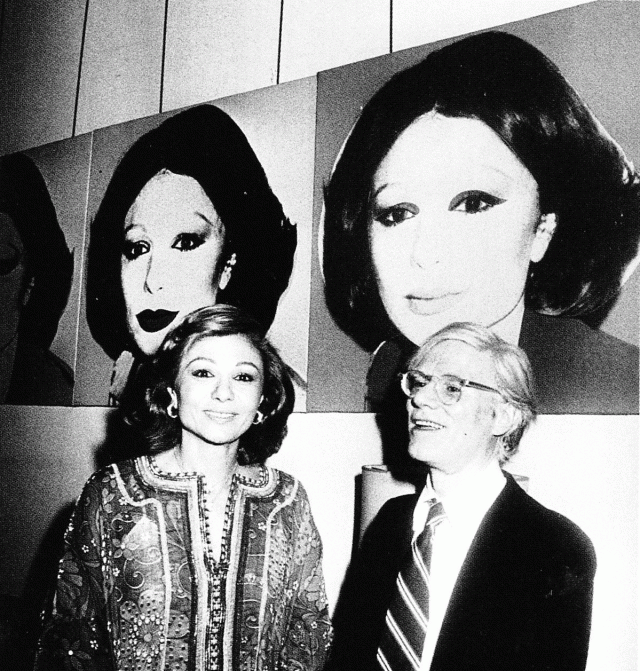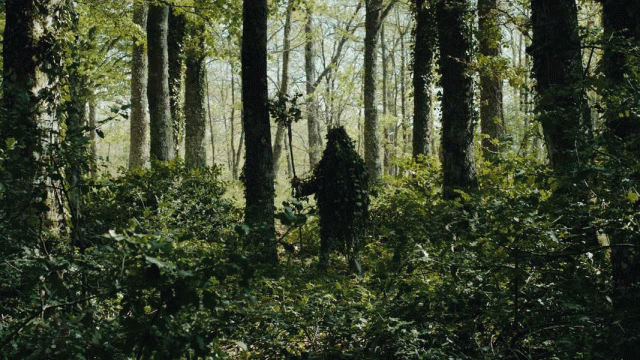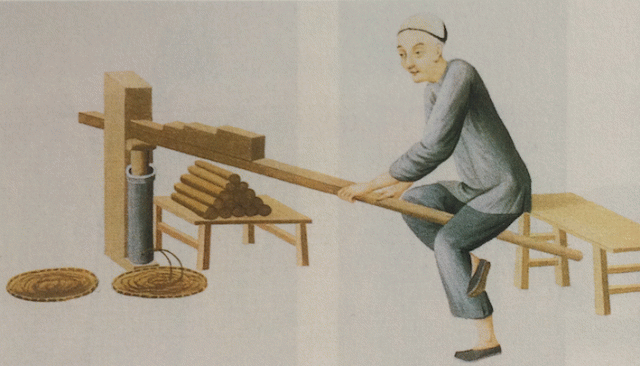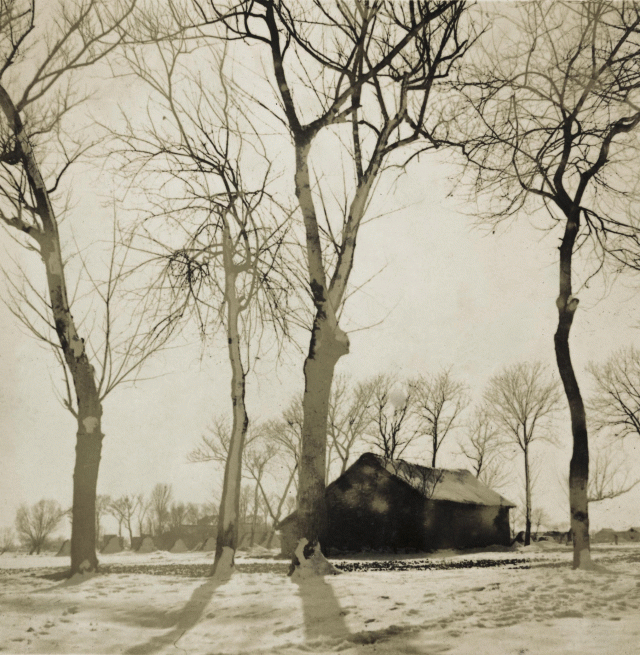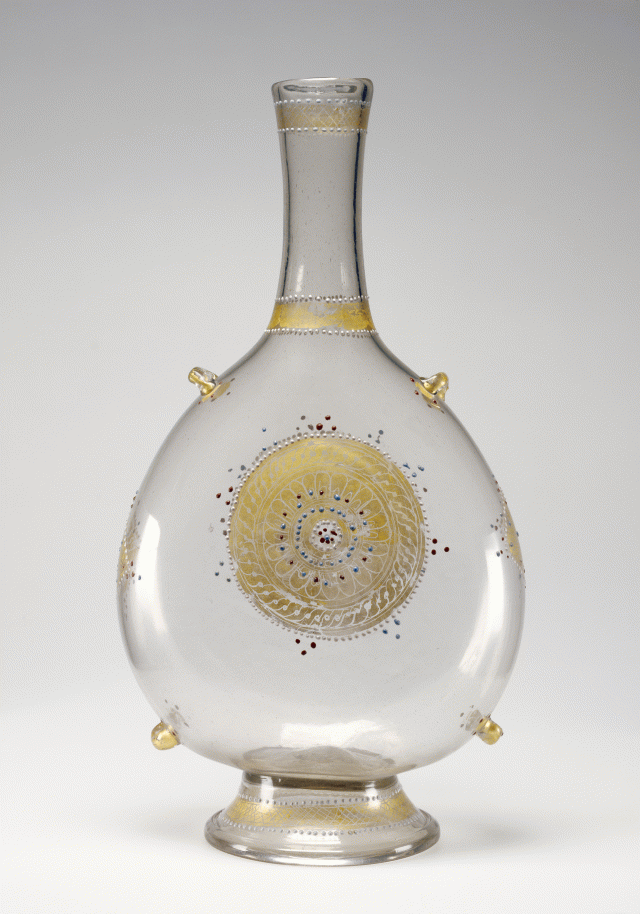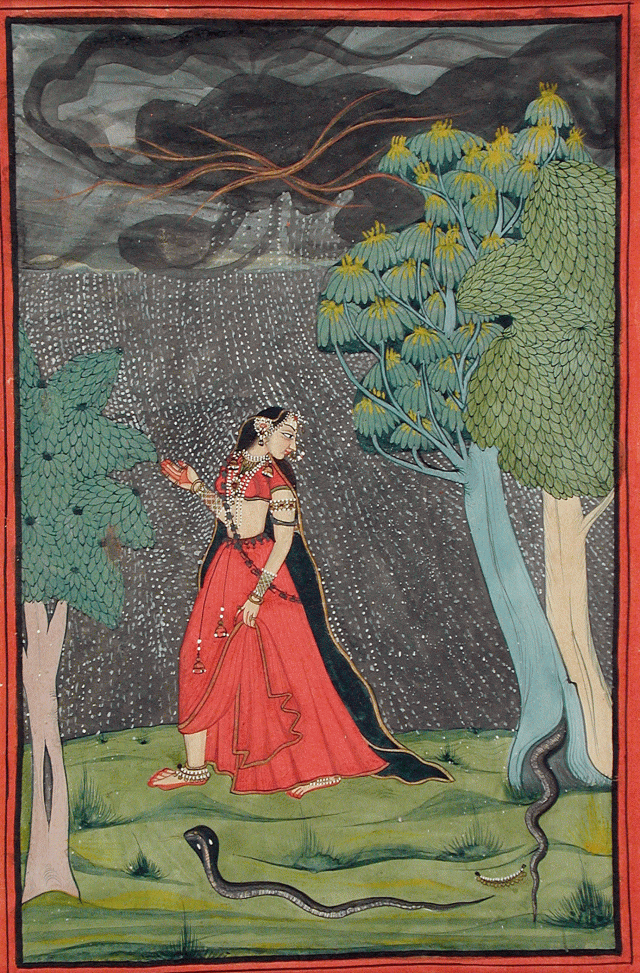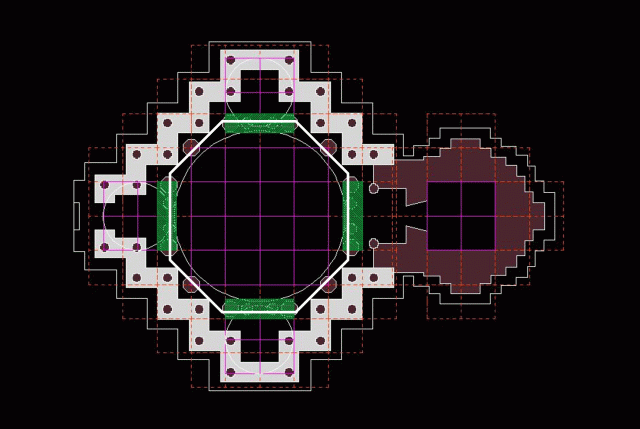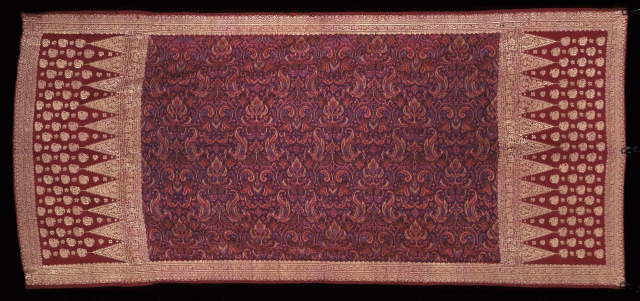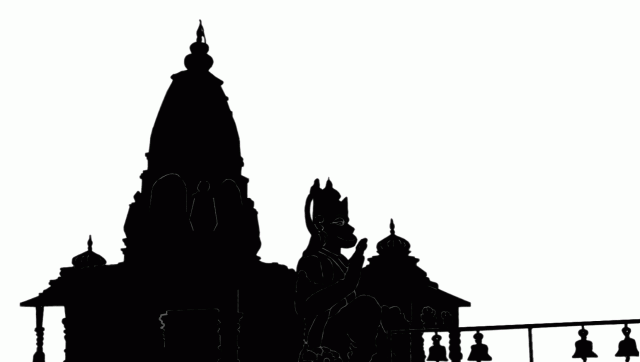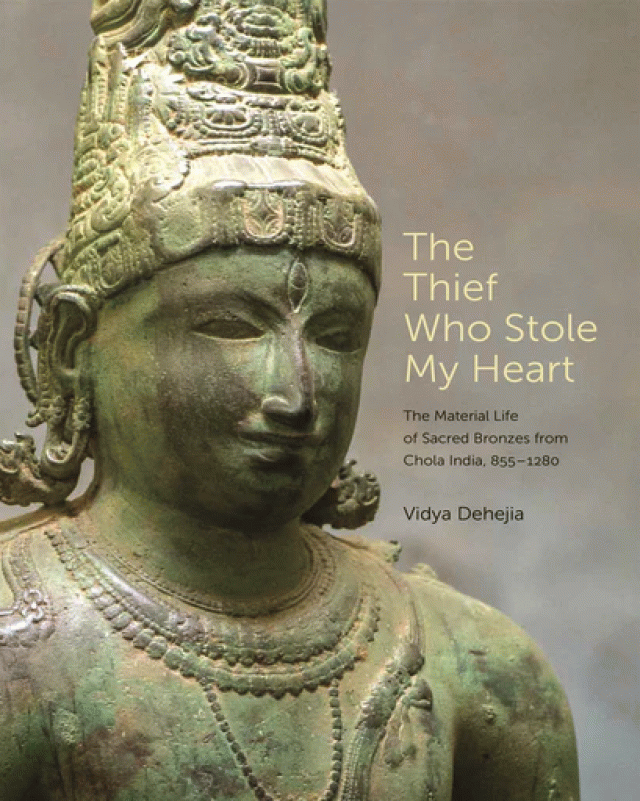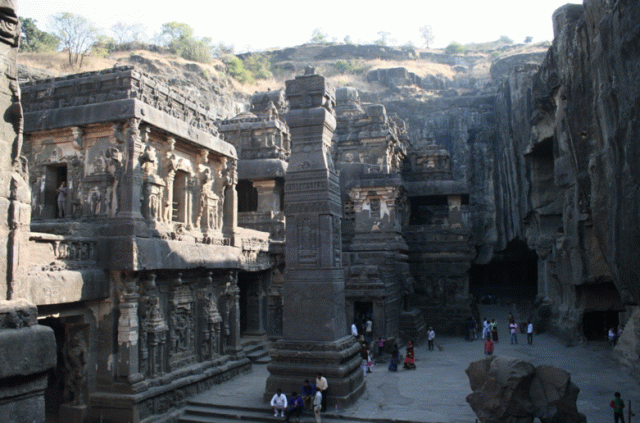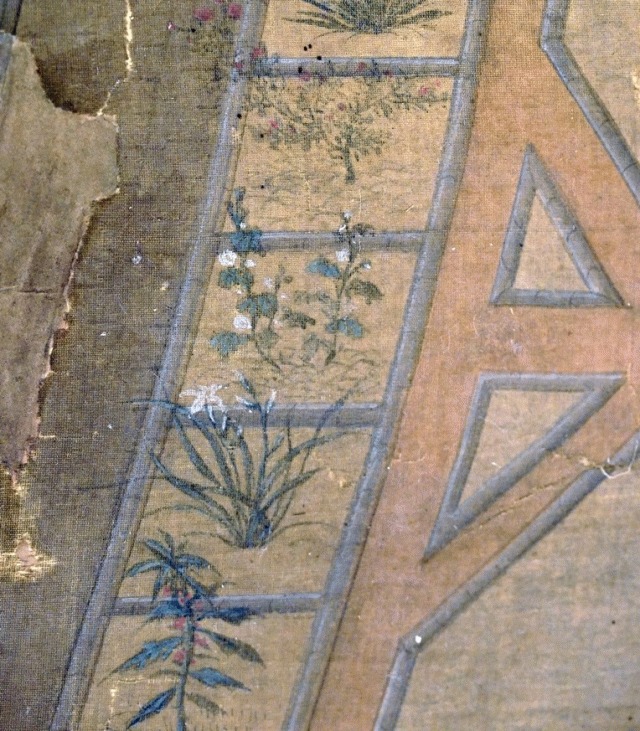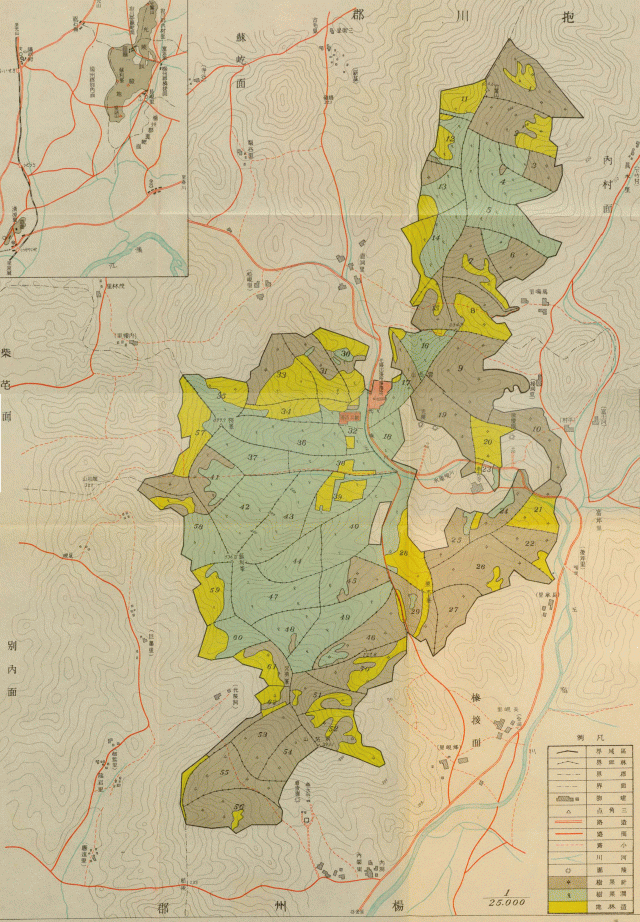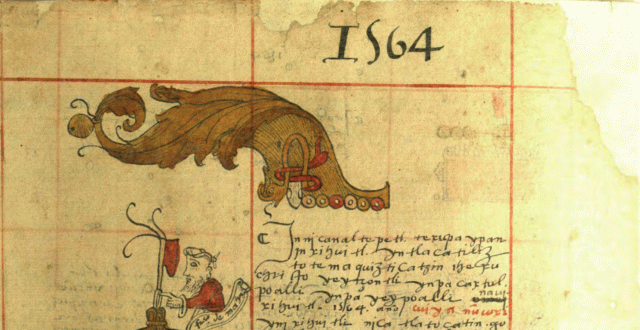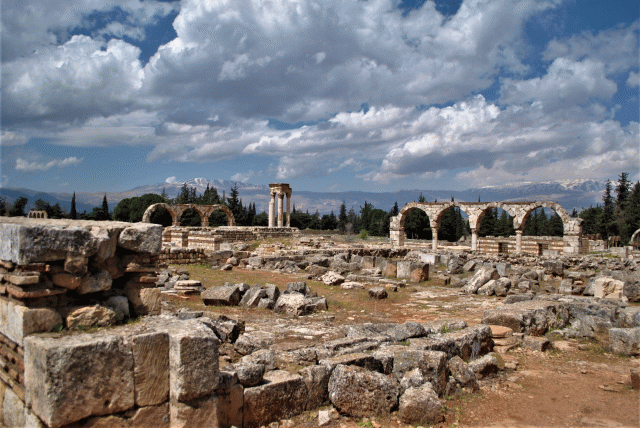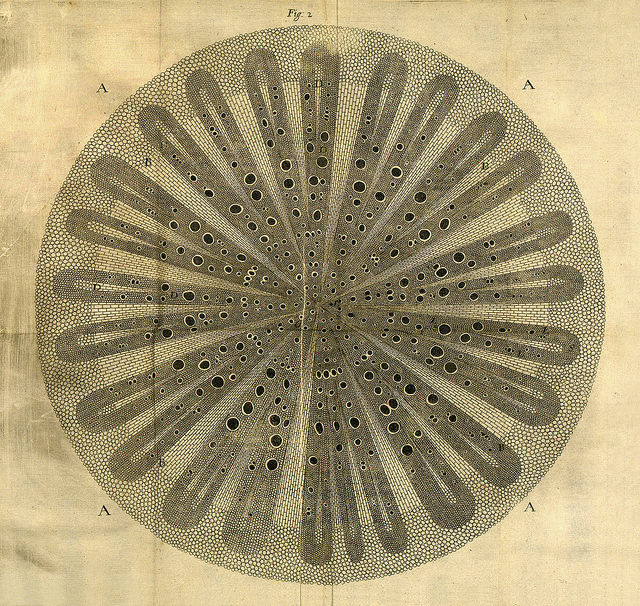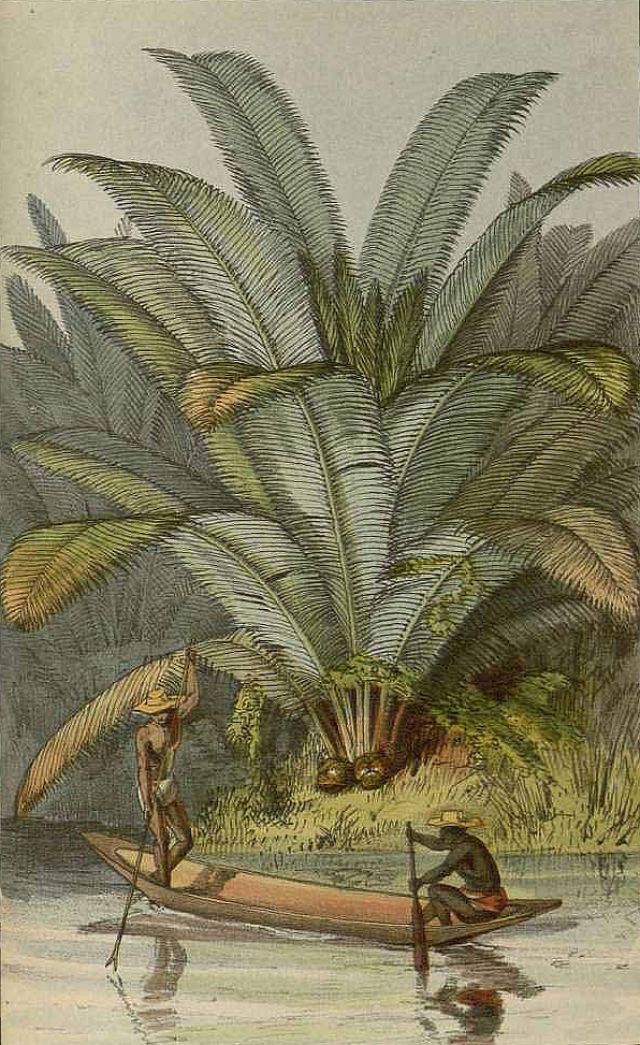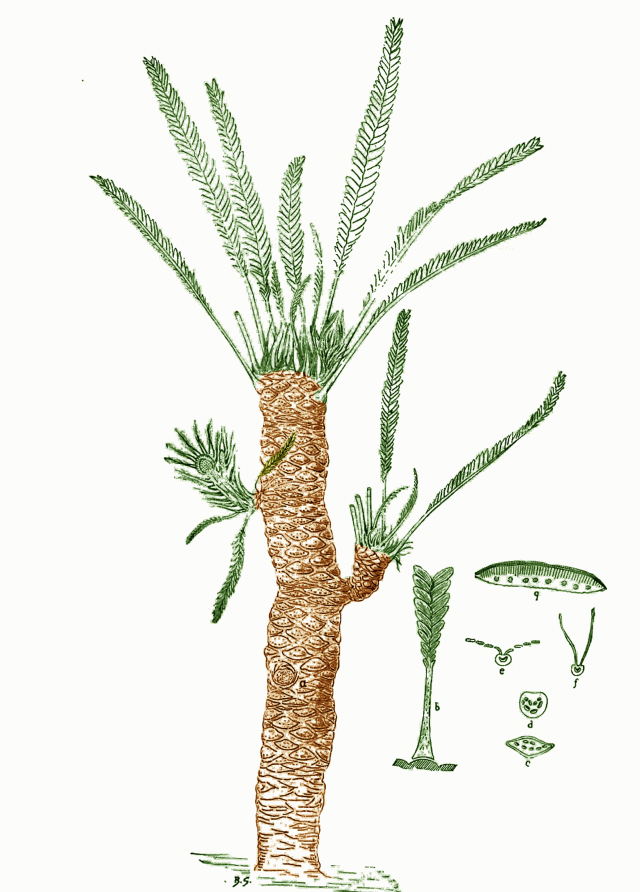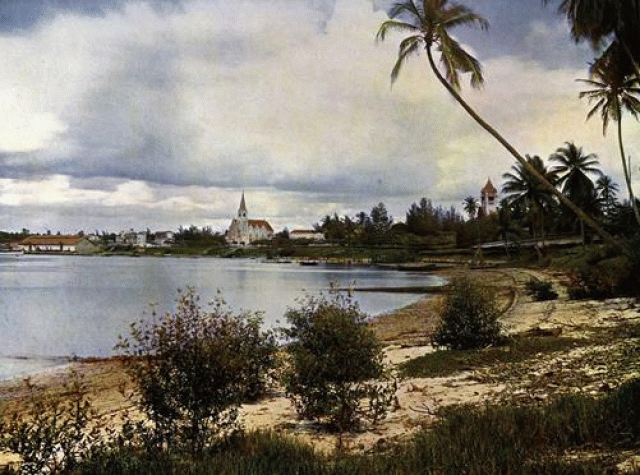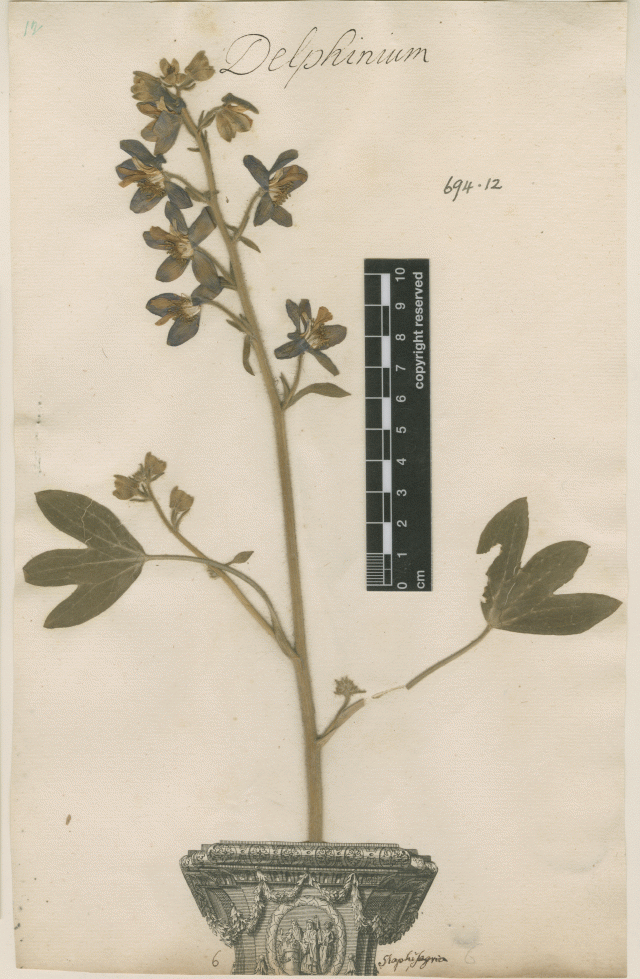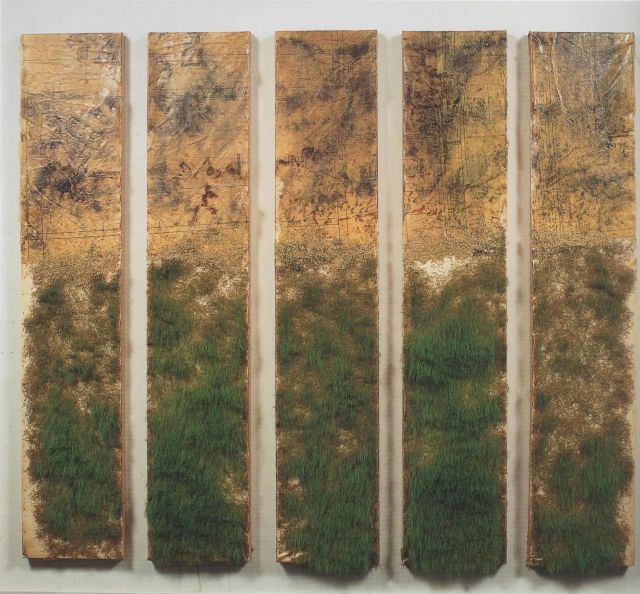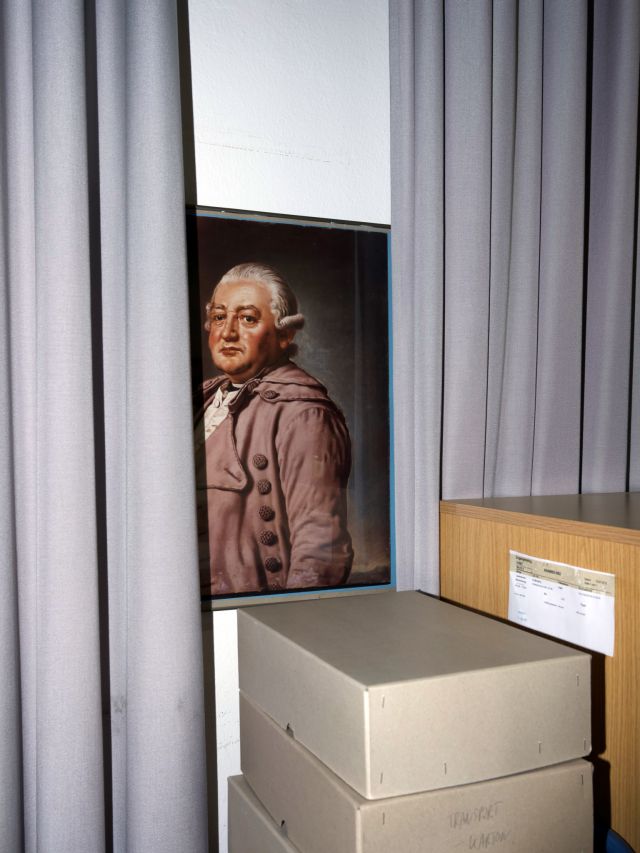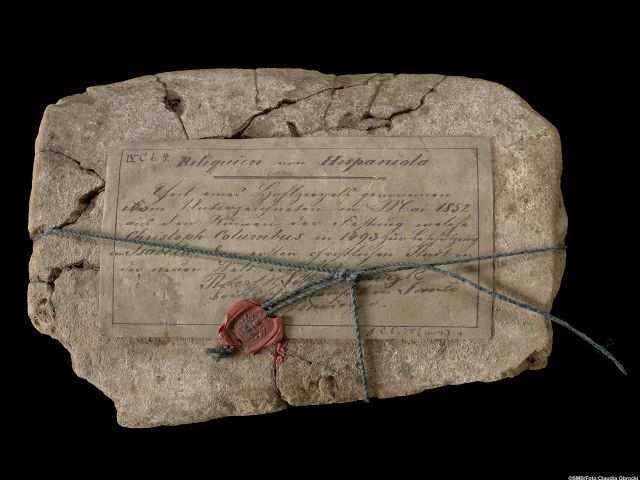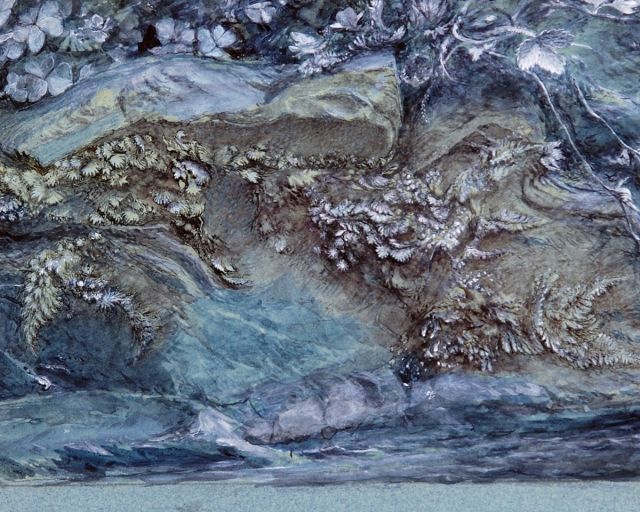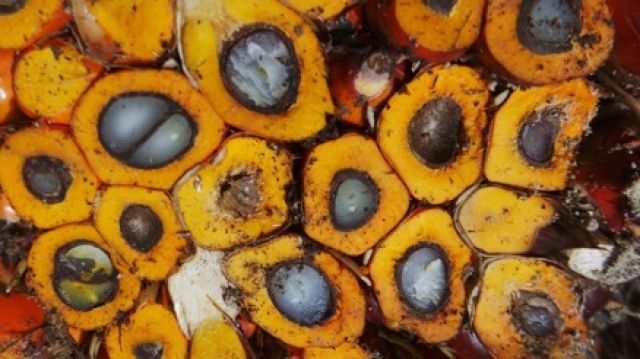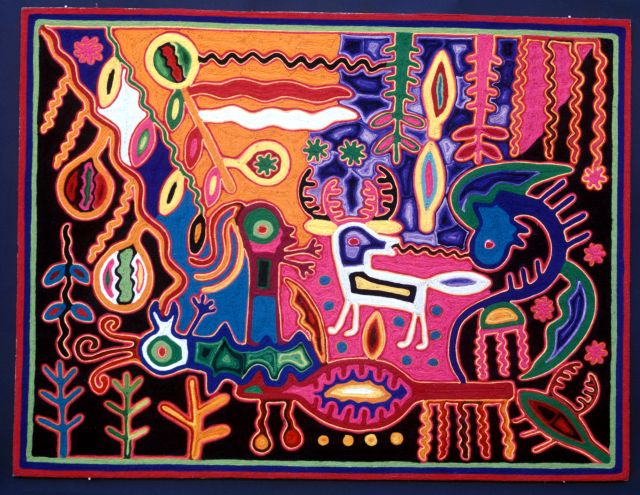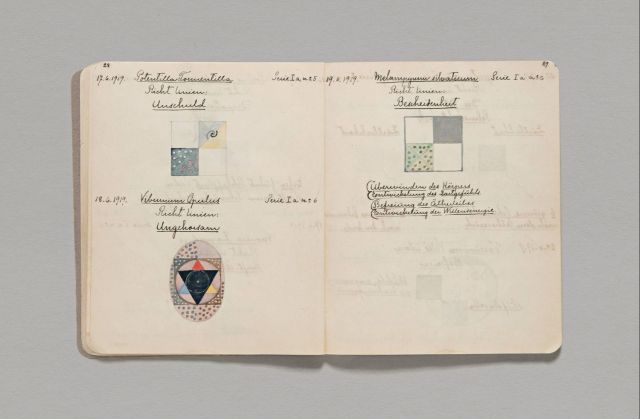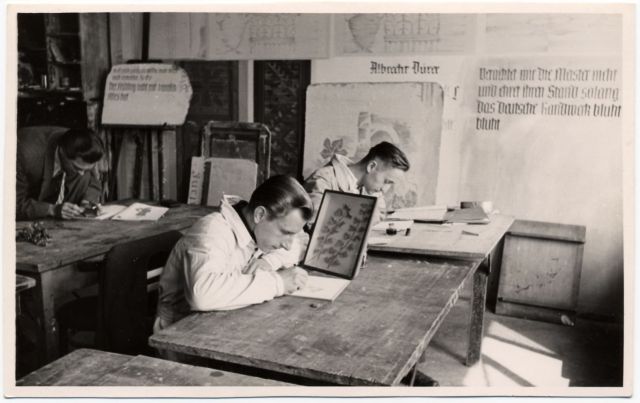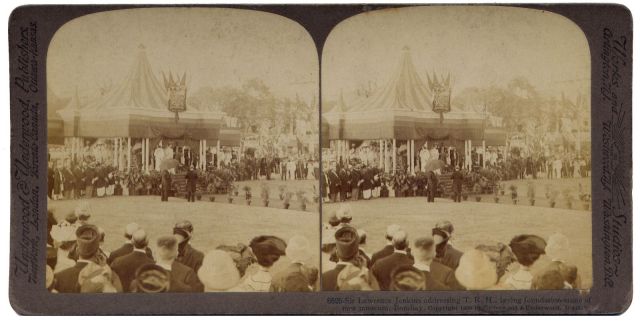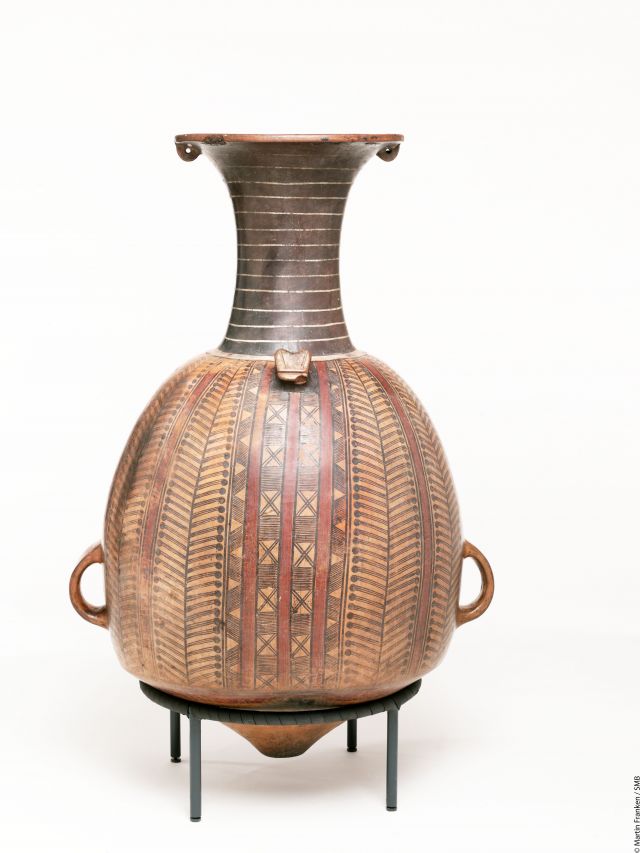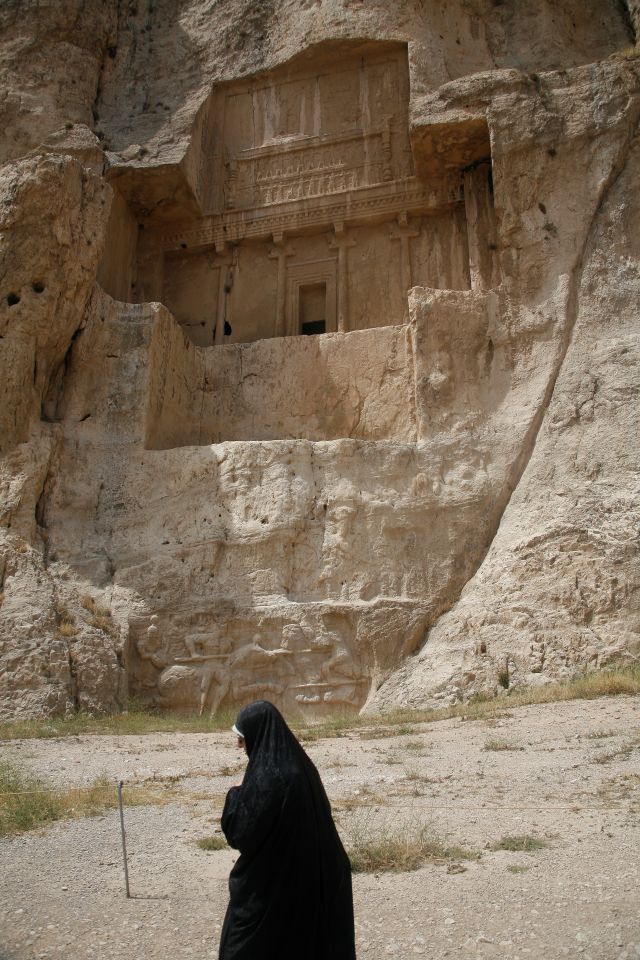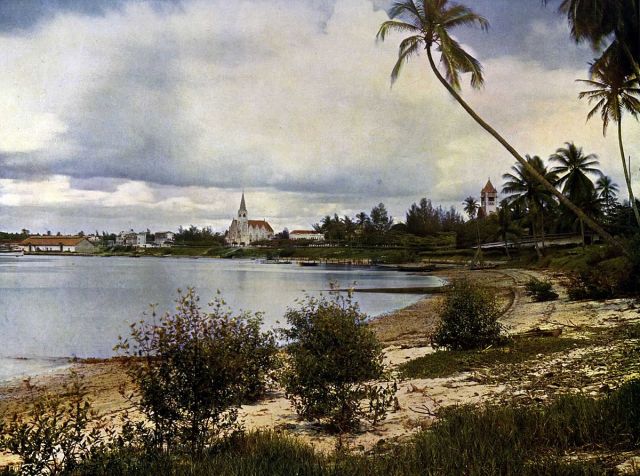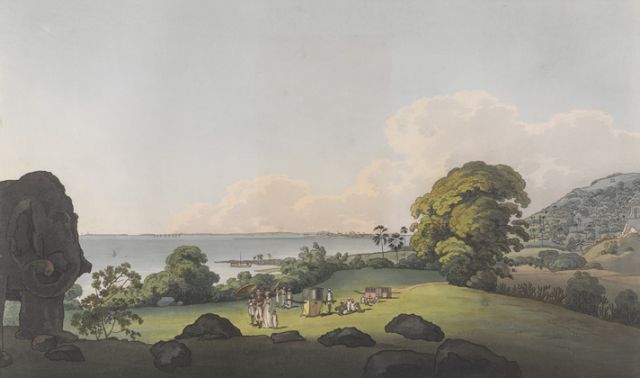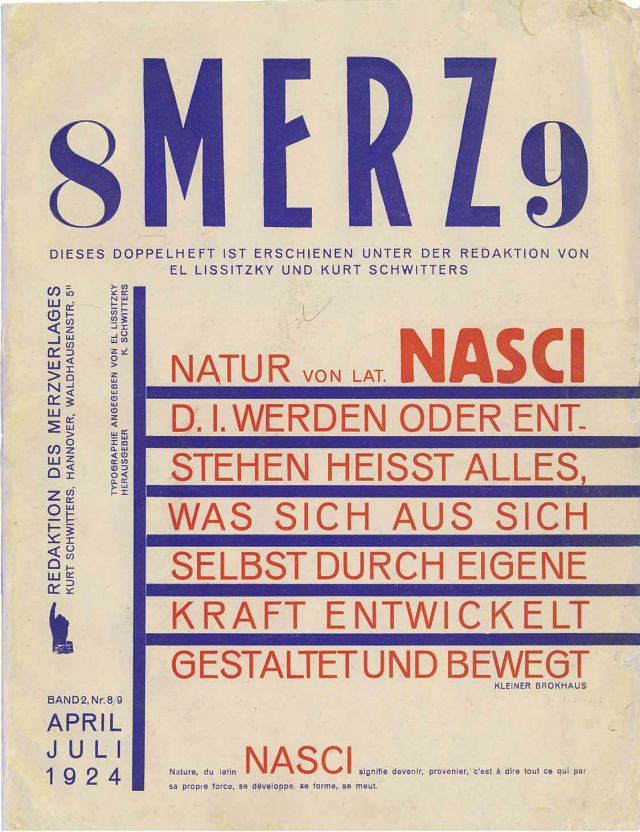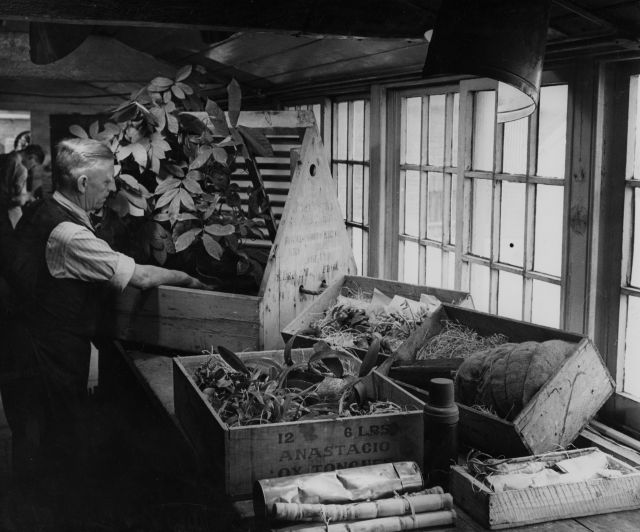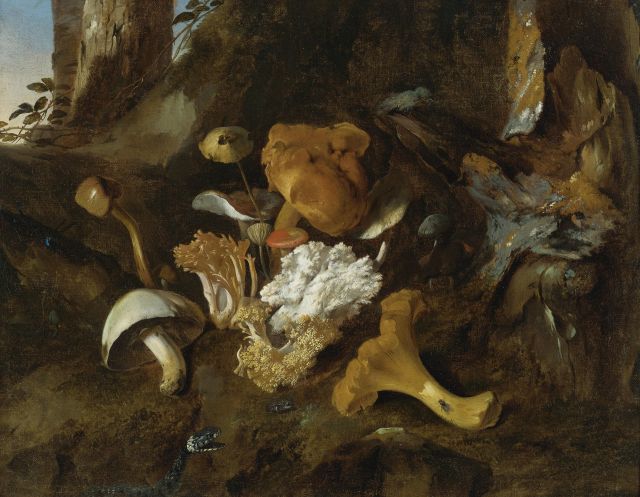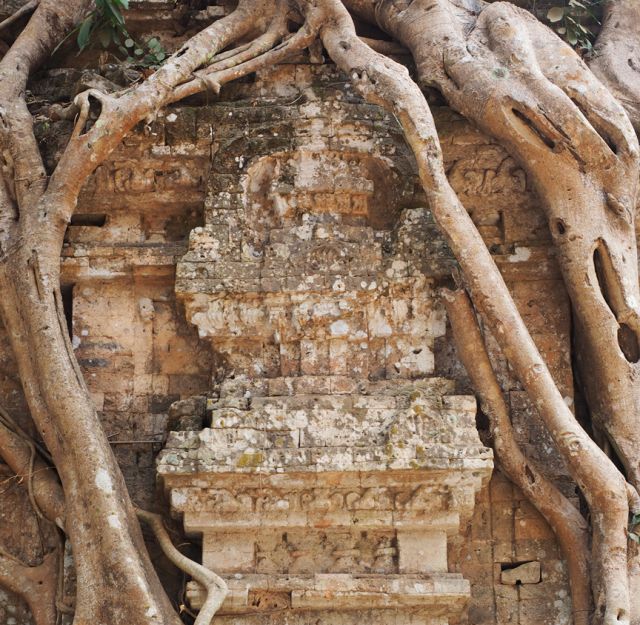Laboratorio 4A: Storia dell’Arte, Archeologia, Antropologia, Estetica
Una cooperazione tra l’Istituto di Storia dell'Arte di Firenze e la Fondazione per il Patrimonio Culturale Prussiano (Stiftung Preußischer Kulturbesitz), in partnership con il Forum Transregionale Studien e le università di Berlino

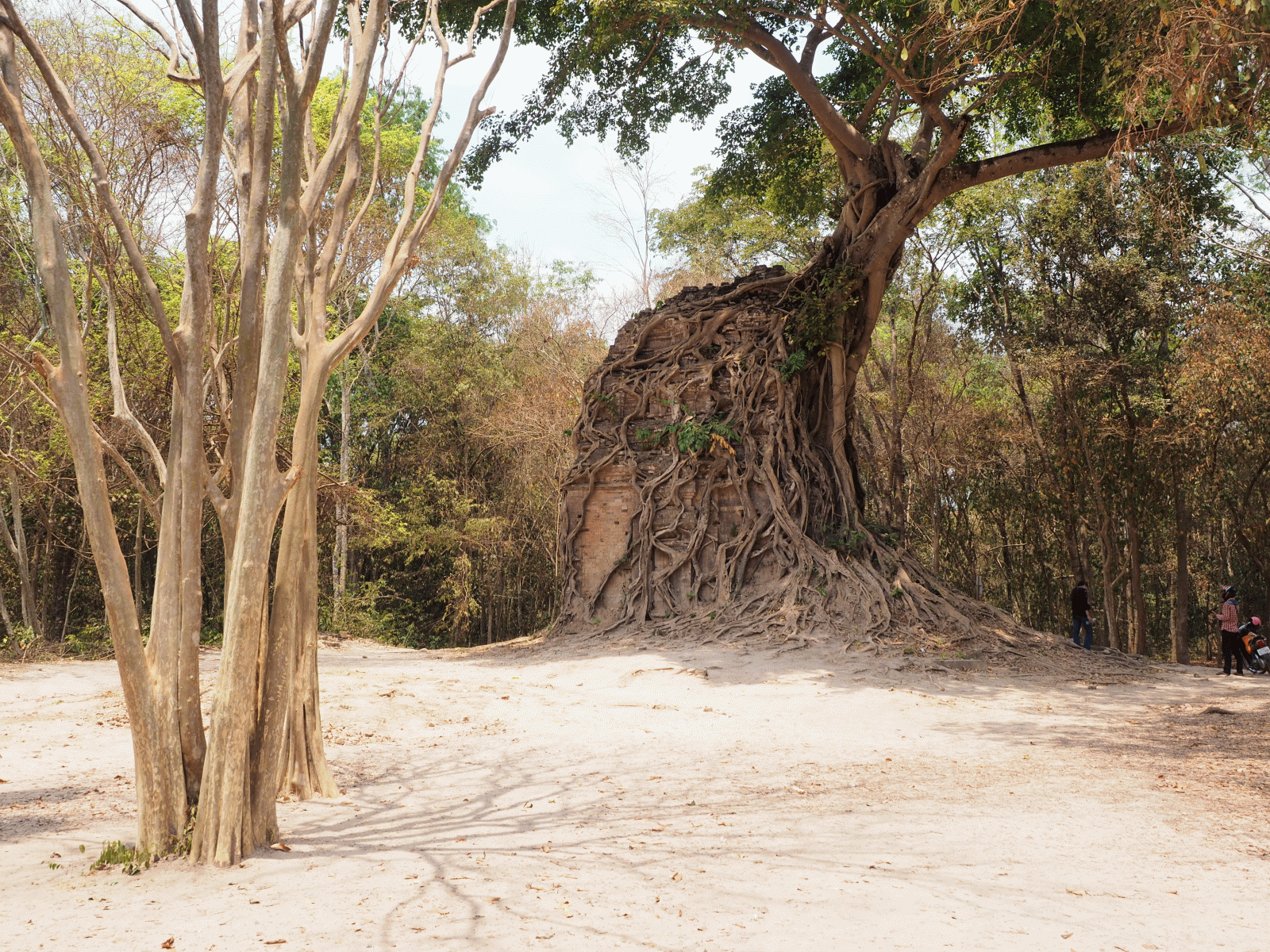
Laboratorio 4A: Storia dell’Arte, Archeologia, Antropologia, Estetica è un programma di ricerca e finanziamento progettato in collaborazione con l’Istituto di Storia dell'Arte di Firenze (Kunsthistorisches Institut in Florenz - Max-Planck-Institut) e la Fondazione Prussiana per il Patrimonio Culturale (Stiftung Preußischer Kulturbesitz), e include i rispettivi musei e istituzioni di ricerca. Altri partner del progetto sono il Forum di Studi Transregionali (Forum Transregionale Studien) e le università di Berlino. Il programma mira a creare uno spazio di dialogo tra istituzioni e discipline, in particolare nel campo della Storia dell'Arte, dell’Archeologia, dell’Antropologia/Etnologia, e dell’Estetica (4A). Data la natura multidisciplinare del progetto, nell’ampio ventaglio di proposte trovano spazio anche altre correnti disciplinari focalizzate su questioni di cultura materiale, ecologia e rappresentazione (OPEN). Caratteristica centrale del 4A_Lab è il programma di borse di studio integrato, che mira a portare a Berlino eccellenti ricercatori provenienti da paesi Europei ed Extraeuropei.
Il laboratorio ha un approccio interistituzionale, interdisciplinare e transregionale. Nasce con lo scopo di esplorare sia le dinamiche transculturali che operano nel campo dell’estetica e delle culture materiali, sia le pratiche sociali e di rappresentazione che caratterizzano musei e altri spazi istituzionali. In questo modo, il progetto incoraggia lo scambio e l’istituzione di nuovi collegamenti tra le scienze sociali e le discipline delle “quattro A”, in un dialogo che trascende limiti di natura geografica e cronologica. Il terreno di ricerca principale è costituito dalle collezioni materiali dei musei e delle istituzioni della Stiftung Preußischer Kulturbesitz. Il programma è strutturato intorno a un tema annuale, che viene presentato e discusso pubblicamente in una serie di conferenze scientifiche, laboratori e seminari. Questi prevedono la partecipazione dei ricercatori dei musei della Fondazione, dei rappresentanti del Forum di Studi Transregionali, degli studiosi dell’Università Humboldt di Berlino, e di altri esperti internazionali di volta in volta chiamati a far parte del progetto.
Il 4A_Lab è il risultato della ristrutturazione e fusione di due precedenti programmi di ricerca: Connecting Art Histories in the Museum (2009–2019) e Art Histories and Aesthetic Practices (2013–2019).
Hannah Baader
Direttrice del programma
Telefono: +49 (0)30 266 422040
E-Mail: baader@khi.fi.it
Antje Paul
Coordinatrice del programma
Telefono: +49 (0)30 266 422042
E-Mail: antje.paul@khi.fi.it
Ex membri del personale:
Helene Bongers, Sevda Onur, Lara Scaiola,
Celine Van de Velde, Elsa Ortlieb
Jule Ulbricht
Assistente
Telefono: +49 (0)30 266 422041
E-Mail: jule.ulbricht@khi.fi.it
Tina Plokarz
Collabolatrice del programma
Telefono: +49 (0)30 266 422043
E-Mail: tina.plokarz@khi.fi.it
Nicoleta Certan
Assistente di ricerca laureata
Telefono: +49 (0)30 266 422043
E-Mail: nicoleta.certan@khi.fi.it
Devin Gökdemir
Assistente di ricerca laureata
Telefono: +49 (0)30 266 422043
E-Mail: devin.goekdemir@khi.fi.it
Anni Accademici 2023-25: Aesthetics, Art and the Ecology of Plants
Kate Donovan
4A_Lab Doctoral Fellow | 15 August 2023 – 31 January 2024
Sound Seeds Border-crossing and the Dispersal of Radio Waves, Seeds, and Sound Archives
Mahroo Moosavi
4A_Lab Postdoctoral Fellow | 1 October 2023 – 30 June 2025
The Shaken Tree and Ruined Fruits: Representations of Gardens in the Architectural and Textual Cultures of Safavid Iran
Julieta Pestarino
4A_Lab Postdoctoral Fellow | 15 June 2023 – 31 December 2023
Botanical Portraits: Native Argentine Plants Photographs, between Science and Art
Feng Schöneweiß
4A_Lab Postdoctoral Fellow | 1 September 2023 – 30 June 2025
The Environmental Crisis of Porcelain: Energy Consumption, Deforestation, and Waste in Early Modern Jingdezhen
Parul Singh
4A_Lab Postdoctoral Fellow | 1 May 2021 – 31 May 2024
The Gardens of Qaiserbagh: Between Myth, Reality and Illusion
Lea Viehweger
4A_Lab Doctoral Fellow | 1 October 2021 – 31 August 2025
The Meaning of Plants in Portraiture and Visual Culture from German-speaking Countries circa 1470 to 1570
Christopher Williams-Wynn
4A_Lab Postdoctoral Fellow | 1 September 2023 – 30 June 2025
Metabolic Aesthetics: The Colonial Genealogies of Ecological Art, c. 1970
Anno Accademico 2021/22: Plants (Modulo II)
Zachary Caple
4A_Lab Postdoctoral Fellow | 1 September 2022 – 31 December 2022
The Trophic-Dynamic Aspect of the Plantationocene
Qiuzi Guo
4A_Lab Postdoctoral Fellow | 1 July 2021 – 31 July 2022
The Shadow of Trees: Photography and Visual Realism in 1920s and 1930s China
Jung-Hwa Kim
4A_Lab Postdoctoral Fellow | 1 March 2021 – 30 June 2022
Invented Woods and Forests: The Tree Collections, Displays, and Networks of the First Korean Arboretum, 1922-1948
Pamela Mackenzie
4A_Lab Doctoral Fellow | 1 March 2021 – 30 September 2022
Microscope/Macrocosm: Early Modern Technology, Visualization and Representations of Nature
Parul Singh
4A_Lab Postdoctoral Fellow | 1 May 2021 – 31 March 2024
The Gardens of Qaiserbagh: Between Myth, Reality and Illusion
Melis Taner
4A_Lab Postdoctoral Fellow | 1 September 2021 – 31 August 2022
Plants and Animals on the Move in Early Modernity: The Global Connections of Early Modern Islamic Manuscripts
Lucas Vanhevel
4A_Lab Doctoral Fellow | 1 June 2021 – 31 December 2022
Theatrum Fungorum: Picturing Fungi in the Early Modern Low Countries (1450-1700)
Judith Elisabeth Weiss
4A_Lab Postdoctoral Fellow | 15 March 2021 – 15 July 2021
Plants in a Box. The Herbarium as Object of Knowledge and Art
Anno Accademico 2021/22: Extended focus
Shraddha Bhatawadekar
4A_Lab Postdoctoral Fellow | 1 July 2022 – 31 December 2022
Decolonising Museum Narratives: A Comparative Study
Philip Geisler
4A_Lab Doctoral Fellow | 1 February 2022 – 31 October 2022
From Representation to Presence: Reconstituting the Islamic Art Museum through Performing and Contemporary Arts
Keivan Moussavi Aghdam
4A_Lab Doctoral Fellow | until 31 July 2023
Archaeology, Art and Visual Culture, and the Question of National Identity in Modern Iran
Anno Accademico 2019/20: Piante (Modulo I)
Bat-ami Artzi
4A_Lab Postdoctoral Fellow
Mutual Growth: The Agency of Plants as reflected in Inca and Chimú Visual Culture
Carlotta Castellani
4A_Lab Postdoctoral Fellow
"Plants as Inventors": the Impact of Raoul Heinrich Francé's Theories on El Lissitzky in the Context of the International Constructivist Movement
Sria Chatterjee
4A_Lab Postdoctoral Fellow
Nature & Nation: Art, Design and Political Ecologies in the Twentieth Century
Hanin Hannouch
4A_Lab Postdoctoral Fellow
Colonial Landscapes and Organic Vision: Robert Lohmeyer's Dreifarbenphotographie of Africa
Luke Keogh
4A_Lab Postdoctoral Fellow (Nov 2019 – Jan 2020)
The Wardian Case: Artefact of the Anthropocene
Angela Nikolai
4A_Lab Doctoral Fellow
(Re)Producing Nature. Moritz Meurer's Teaching Aid Collection for Applied Plant Studies
Lucas Vanhevel
4A_Lab Doctoral Fellow
Fungi in the Early Modern Low Countries: Image-forming, Ethnomycology and beyond
4A Laboratory: Art Histories, Archaeologies, Anthropologies, Aesthetics
4A_Lab is a research and fellowship program designed in cooperation with the Kunsthistorisches Institut in Florenz (Institute for Art History in Florence) as a research institute of the Max-Planck-Gesellschaft (Max Planck Society) and the Stiftung Preußischer Kulturbesitz (Prussian Cultural Heritage Foundation) including their museums and research institutions. Further partners are the Humboldt-Universität zu Berlin and the Forum Transregionale Studien. It aims to create a space for dialog between – oftentimes separately operating – institutions and disciplines. In particular, 4A_Lab attempts to create a dialog between art history, archaeology, anthropology/ethnology, and aesthetic practices (4A), as well as other disciplines concerned with objects, practices, ecologies, and narratives (OPEN). Central to 4A_Lab is a fellowship program which will bring excelling doctoral and postdoctoral researchers from countries of Africa, Asia, the Americas, Australia and Europe to Berlin for a time period of 9 months, in the case of the doctoral fellowships up to a possible maximum of 2 years.
The program has an interinstitutional, interdisciplinary and transregional approach and explores transcultural dynamics with regards to aesthetic practices and material cultures, as well as social practices and representations in museums and elsewhere. The while, it takes up current object research issues testing new liaisons between social sciences, aesthetic practices and the disciplines of art history, archeology, and anthropology/ethnology. This dialog exceeds geographical and chronological boundaries, nevertheless it will be held in relation to the collections and object constellations of the museums and institutions of the Stiftung Preußischer Kulturbesitz. This takes place in cooperation with researchers of the museums and expert representatives of Forum Transregionale Studien, Humboldt-Universität, and other institutions. The dialog of the annually reconstituted group of researchers will be structured by an annual theme which will be presented and discussed publicly in scientific conferences, workshops, and seminars.
4A_Lab responds to the social challenges which the "museum" as an institution is currently facing, insofar as it understands the museum as a dynamic, constantly reconstructed social space of knowledge production and aesthetic practices. This space needs to be redefined transgenerationally, for which new languages and forms of mediation and communication for multiple publics and different scientific communities will be required in the field of scientific research. Meanwhile, the program aspires a transversal networking and the opening of scientific languages in order to create a transregional dialog which includes differentiated terminologies for dealing with objects, artefacts, art, and material cultures.
4A_Lab takes an active part in transdisciplinary discourses concerning a new understanding of provenance and the post-postcolonial responsibilities of museums and collections. It therefore investigates historical itineraries, complex topographies, and biographies of objects from transregional perspectives. The emphasis is not on the single object "in context" but on historically constituted and constantly shifting environments of objects in conflict with stability and mobility, as well as in their social, religious, political or aesthetical fields. This includes publics and actors. The museum reestablishes itself in intermediate forms of temporary exhibition, permanent display and exhibition, as well as storage in depots and archives, constellations of museum architecture and design, in relation to visitors of various constitutions and backgrounds, and finally in addition to digital environments. An ecological approach appears sensible to address these aspects; hence, the program will use this as a starting point. Dichotomies and classifications, serving the domestication of objects primarily in European cultures and languages, were critically revised in the last decades. Distinctions between nature/culture and art/craftsmanship or material culture, which have dominated the great museum structures or were supported by them, are now, at best, the framework for narratives to expose or nullify the former. 4A_Lab demands new and open structures under these premises, which will be a focal point of discussion in relation to the opening of the Humboldt Forum. 4A_Lab invites outstanding international doctoral and postdoctoral scholars to help shape these premises and lead an intercultural dialog across disciplines as a group.
4A_Lab exceeds the museum research program in the narrow sense. It sees itself as an experimental space for dialog between the four mentioned disciplines, which will be realized in exchange with different institutions, in particular with the research institutions of museums, other research institutions, as well as academic research and teaching. The program strives to win over the expert representatives of the 4A and their neighboring disciplines to participate in this dialog and to create a close contact as well as new and creative forms of cooperation between the fellows and the universities.
4A_Lab is a fusion, progression, and restructuring of the two research and fellowship programs Connecting Art Histories in the Museum (2009–2019) and Art Histories and Aesthetic Practices (2013–2019). It is based on the experience of past collaborations with the Staatliche Museen zu Berlin (State Museums of Berlin) and numerous other German and international research institutions.
Plants I and Plants II
In recent years, human understanding of the biology of plants has significantly changed. Neurobiologists have described vegetal life in new ways to a wider public, stressing the fact that plants not only have a sensorial apparatus, sex, but that they are also mobile – even though their motion is mostly slow – and even react to music. Plants, it would seem, have agency and they are endowed with forms of collective intelligence, a faculty that is located in plant networks, roots and ramifications. Plants, their ecology and the human interactions with plants therefore should be studied in new light, in a planetary perspective, from the beginnings of human history, as part of the Anthropocene. This includes research on the manifold aesthetic and artistic practices related to or based on plants.
While plants are important factors in human history, humans are leaving their imprint on the history and ecology of plants. The absence, presence and temporalities of vegetal life have always had an impact on settlements as well as urbanization processes. Moreover, plants are dominant elements in the human transformation of landscapes and environments. They are central for the history of colonialism, especially in the form of plantations. They are also protagonists in the making of – real and imagined – gardens across cultures. Plants interact with the human body and its sensorial, perceptive and biochemical apparatus, be it by means of drugs or via food and air. Flowers and fruit are significant elements or even agents in a history of smell and perfume. Plants are not only indispensable for the future of nutrition, they also come with a long past of cultivation processes that includes bioengineering.
For all of these reasons, plants and plant life have been a constant field of investigation and knowledge production, be it by practitioners such as farmers, or by scholars and amateurs. The understanding of plants can be gendered or socially and culturally distinctive, with specific knowledge systems relating to certain plant environments. They come together with classification systems, taxonomies, forms of collecting and display, as in the case of botanical gardens. Not only knowledge, but also aesthetic categories have been (and will continue to be) an eminent factor in the processes of the perception, description, cultivation and appreciation of plants. Artistic production and aesthetic practices based on or relating to plants are thus fields that deserve further exploration across time and space, be they historically driven by religious approaches, political interests, romanticizing views, modernist thought or eco-activism.
Artworks can rely on plants via materials like wood, pigments or dyes, textiles and canvases. Plants are protagonists in herbaria, drawings or photographs or in still life painting. They appear on tiles and pots or in architecture and all kinds of decoration. In fact, plant life or plant morphology forms the basis of the theory and the practices of ornament (or ornamentation), and might be discussed also in terms of a theory of beauty. Seeds, germination, growth are only some of the concepts or metaphors induced by plant life. Moreover, plants serve as protagonists in literature, in poetry and music as well as in religious contexts across cultures and geographies, as part of rituals or of religious veneration (bamboo, lotus, maize, pomegranate, yam, vines or sacred trees). These cultural practices can be part of larger social, political and economic developments or constellations. In fact, plants and crops are major components in economies and thus are often at the center of social tensions or transregional conflicts.
The program welcomes projects from a wide range of topics relating to plants that place emphasis on aesthetic processes, history of thought, and material culture, from the 4A disciplines but also from philosophical or literary studies, in a transregional perspective.
Comitato Consultivo
Prof. Dr. Dr. h.c. Thomas W. Gaehtgens (Vorsitz)
Director Emeritus Getty Research Institute, Los Angeles
Prof. Dr. Ruth Bielfeldt
Ludwig-Maximilians-Universität, München
Prof. Dr. Birgit Meyer
Universität Utrecht
Prof. Dr. Avinoam Shalem
Columbia Universität, New York
Ludwig-Maximilians-Universität, München
Prof. Dr. Kavita Singh
Jawaharlal Nehru Universität,
New Delhi
Consiglio di Amministrazione
Prof. Dr. Dr. h.c. Thomas W. Gaehtgens
Director Emeritus Getty Research Institute, Los Angeles
Prof. Dr. Dr. h.c. Hermann Parzinger
Präsident Stiftung Preußischer Kulturbesitz, Berlin
Prof. Dr. Gerhard Wolf
Kunsthistorisches Institut in Florenz –
Max-Planck-Institut
4A_Lab
Villa Parey
Sigismundstraße 4
10785 Berlin / Germania
Indirizzo postale:
Stiftung Preußischer Kulturbesitz
4A_Lab
Stauffenbergstraße 41
10785 Berlin / Germania
Telefono: +49 (0)30 266 422042
E-Mail: 4a_lab@khi.fi.it
Interventi del 4_A Lab su KUNST.LOG



